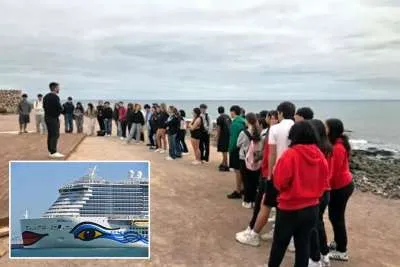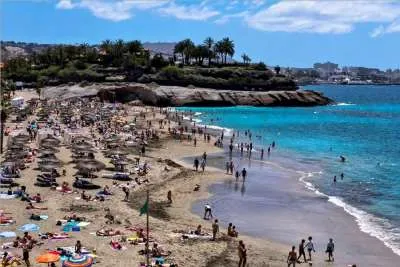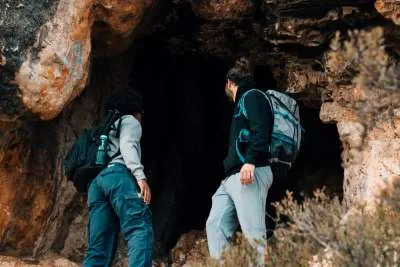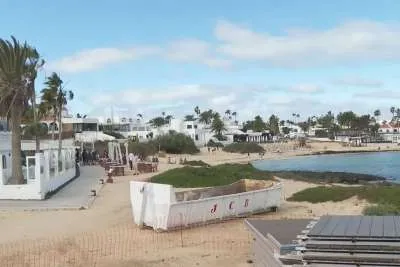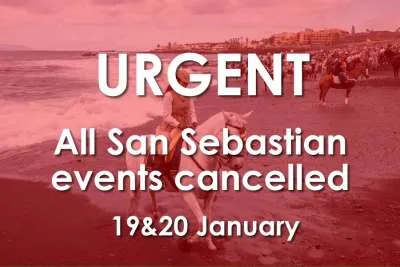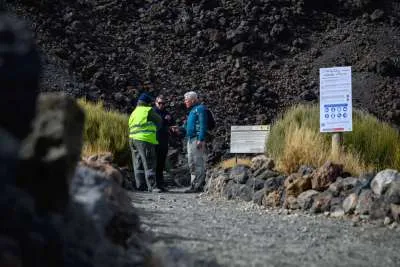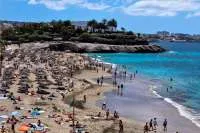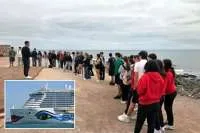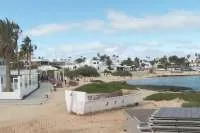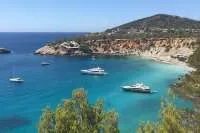Gran Canaria proposes Eco-Tax and restriction on holiday lets for a sustainable future
- 21-10-2024
- Gran Canaria
- Canarian Weekly
- Photo Credit: Stock Image
The Cabildo of Gran Canaria has outlined 30 key measures to address the island's demographic and sustainability challenges, with proposals ranging from an eco-tax to a moratorium on holiday rental properties. The proposals, designed to promote environmental and social balance, come as part of a broader plan for Gran Canaria’s future.
These are the Key Proposals put forward by the Cabildo, many of which will be mirrored in the other islands.
Eco-Tax and Housing Restrictions
Among the most notable initiatives is the introduction of an eco-tax, which would be levied on non-residents, i.e. holidaymakers, staying in tourist accommodations. The revenue from this tax would be invested in the preservation of public infrastructure and natural resources.
Another critical recommendation is limiting the purchase of homes by non-resident foreigners in densely populated areas to combat rising housing costs and preserve local communities.
The Cabildo also suggests an urgent moratorium on new VV permits, to be enacted through a decree until a tailored Vacation Rental Law for the Canary Islands is established. This would help differentiate between small and large-scale landlords and prevent residential areas from becoming overrun with tourism-focused properties.
Focus on Sustainable Development
These proposals are structured around four main pillars: environmental protection, cultural and educational heritage, territorial cohesion, and governance alongside social and economic balance.
The Cabildo emphasises the need for a specific budget for these actions, comparable to the Canary Islands Development Fund (FDCAN), to ensure their successful implementation.
In response to rural depopulation, the Cabildo advocates for water security and social support programs that would help maintain traditional lifestyles, which are essential for the preservation of the island’s cultural and environmental heritage.
Addressing Population Growth and Inequality
Gran Canaria’s president, Antonio Morales, highlighted the island’s pressing challenges, such as overpopulation, inequality, and environmental degradation. He highlighted the need for serious and well-funded solutions, particularly the eco-tax, which would help create necessary infrastructure without further damaging the environment.
Morales also stressed the importance of adapting basic services—such as healthcare, education, and housing—to the island's growing population. With the Canary Islands being the Spanish region with the lowest wages, he called for higher salaries and better social benefits to reduce inequality.
Ultimately, the Cabildo's proposals aim to ensure that the economic benefits of tourism are distributed more fairly among Gran Canaria’s residents, while protecting the island's unique environment and heritage.









